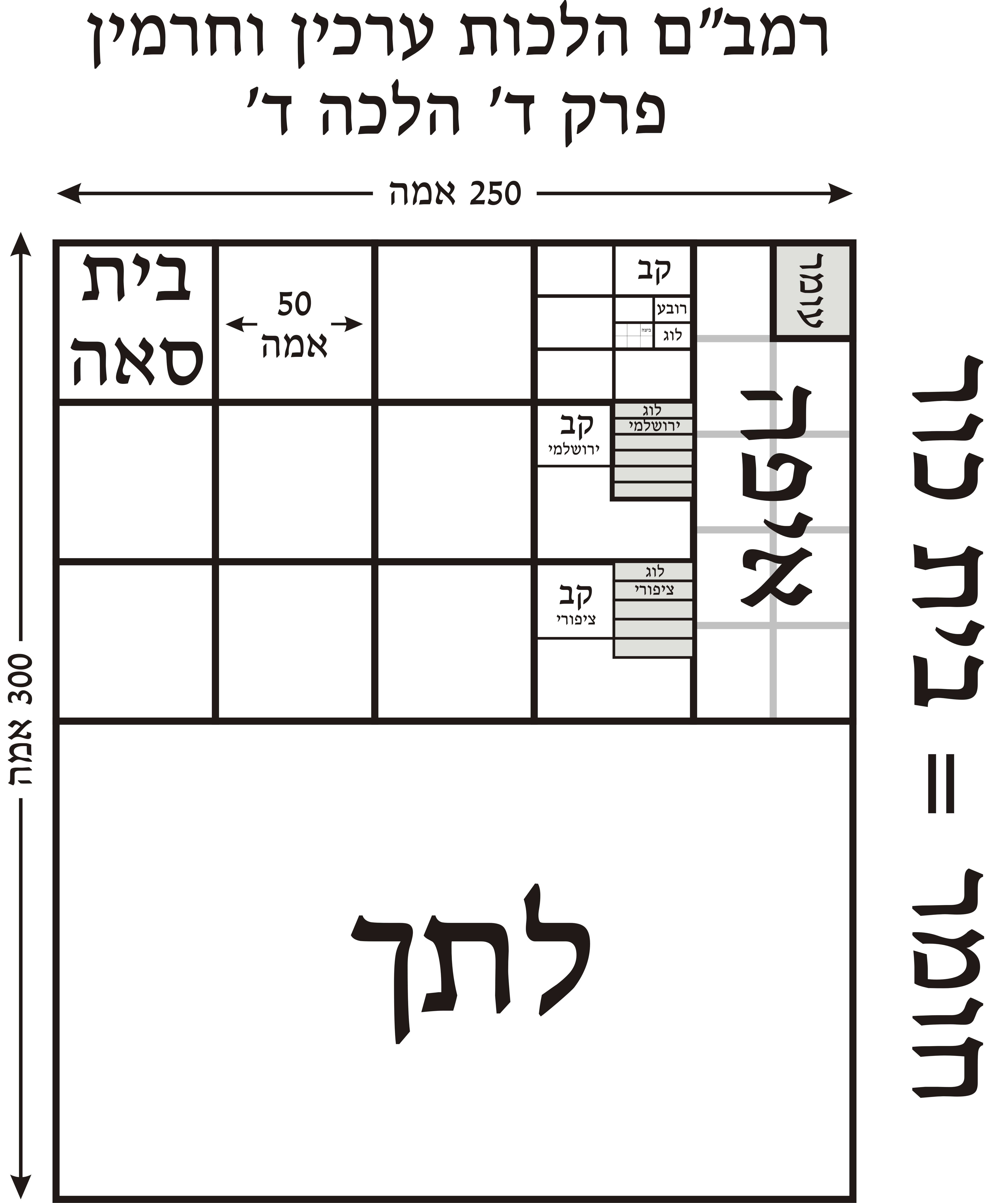The phrase יליד בית means slave. Presumably, a slave born into the household, as opposed to a purchased slave.
This can be seen in the following verses:
בראשית יז:יב
וּבֶן שְׁמֹנַת יָמִים יִמּוֹל לָכֶם כָּל זָכָר לְדֹרֹתֵיכֶם יְלִיד בָּיִת וּמִקְנַת כֶּסֶף מִכֹּל בֶּן נֵכָר אֲשֶׁר לֹא מִזַּרְעֲךָ הוּא:
בראשית יז:יג
הִמּוֹל יִמּוֹל יְלִיד בֵּיתְךָ וּמִקְנַת כַּסְפֶּךָ וְהָיְתָה בְרִיתִי בִּבְשַׂרְכֶם לִבְרִית עוֹלָם:
בראשית יז:כג
וַיִּקַּ֨ח אַבְרָהָ֜ם אֶת־יִשְׁמָעֵ֣אל בְּנֹ֗ו וְאֵ֨ת כׇּל־יְלִידֵ֤י בֵיתֹו֙ וְאֵת֙ כׇּל־מִקְנַ֣ת כַּסְפֹּ֔ו כׇּל־זָכָ֕ר בְּאַנְשֵׁ֖י בֵּ֣ית אַבְרָהָ֑ם וַיָּ֜מׇל אֶת־בְּשַׂ֣ר עׇרְלָתָ֗ם בְּעֶ֨צֶם֙ הַיֹּ֣ום הַזֶּ֔ה כַּאֲשֶׁ֛ר דִּבֶּ֥ר אִתֹּ֖ו אֱלֹהִֽים׃
בראשית יז:כז
וְכָל אַנְשֵׁי בֵיתוֹ יְלִיד בָּיִת וּמִקְנַת כֶּסֶף מֵאֵת בֶּן נֵכָר נִמֹּלוּ אִתּוֹ:
ירמיהו ב:יד
הַעֶבֶד יִשְׂרָאֵל אִם יְלִיד בַּיִת הוּא מַדּוּעַ הָיָה לָבַז:
The verse from Jeremiah clearly demonstrates that עבד and יליד בית are roughly equivalent terms. Gen. 17:12 demonstrates that there are three categories of household members: one’s own children, purchased slaves, and slaves born into the household. A slave purchased by a kohen or one born into his household may eat from the קדשים (Leviticus 22:11):
וְכֹהֵ֗ן כִּֽי־יִקְנֶ֥ה נֶ֨פֶשׁ֙ קִנְיַ֣ן כַּסְפֹּ֔ו ה֖וּא יֹ֣אכַל בֹּ֑ו וִילִ֣יד בֵּיתֹ֔ו הֵ֖ם יֹאכְל֥וּ בְלַחְמֹֽו׃
The phrase בן בית presumably means the same thing in קהלת ב:ז -
קָנִיתִי עֲבָדִים וּשְׁפָחוֹת וּבְנֵי בַיִת הָיָה לִי גַּם מִקְנֶה בָקָר וָצֹאן הַרְבֵּה הָיָה לִי מִכֹּל שֶׁהָיוּ לְפָנַי בִּירוּשָׁלִִָם
The עבדים ושפחות are purchased; the בני בית are born into the household. We have the same sense when אברהם expresses that אליעזר will inherit him (Genesis 15:2-3):
וַיֹּ֣אמֶר אַבְרָ֔ם הֵ֣ן לִ֔י לֹ֥א נָתַ֖תָּה זָ֑רַע וְהִנֵּ֥ה בֶן־בֵּיתִ֖י יֹורֵ֥שׁ אֹתִֽי׃
וַיֹּ֣אמֶר אַבְרָ֗ם אֲדֹנָ֤י יֱהוִה֙ מַה־תִּתֶּן־לִ֔י וְאָנֹכִ֖י הֹולֵ֣ךְ עֲרִירִ֑י וּבֶן־מֶ֣שֶׁק בֵּיתִ֔י ה֖וּא דַּמֶּ֥שֶׂק אֱלִיעֶֽזֶר׃
I think the same sense is meant in the phrase נפשות ביתו in Gen. 36:6
וַיִּקַּח עֵשָׂו אֶת נָשָׁיו וְאֶת בָּנָיו וְאֶת בְּנֹתָיו וְאֶת כָּל נַפְשׁוֹת בֵּיתוֹ וְאֶת מִקְנֵהוּ וְאֶת כָּל בְּהֶמְתּוֹ וְאֵת כָּל קִנְיָנוֹ אֲשֶׁר רָכַשׁ בְּאֶרֶץ כְּנָעַן וַיֵּלֶךְ אֶל אֶרֶץ מִפְּנֵי יַעֲקֹב אָחִיו:
Esau’s own children are his בניו ובנתיו, and in between them and his flocks of cattle and sheep and other belongings are נפשות ביתו.
For more on this topic, see the article by רחל צלניק-אברמוביץ in Textus 25 (2010):
ליד בית ומקנת כסף: קטגוריות של עבדים במקרא ובמקורות היווניים והרומיים
In English the word “native” or “neif” has a similar sense. One who is born into slavery as opposed to someone who came into slavery by another means.
native, n.
(ˈneɪtɪv)
Forms: 5 natif, 6 natyve, 6– native.
[ad. med.L. nativus, n. use of L. nātīvus adj. (see next). In later use sometimes directly from the adj. Cf. F. natif.]
[a. F. natif (14th c.; OF. also naif: see naïve a.), or ad. L. nātīvus produced by birth, innate, natural, f. nāt-, ppl. stem of nascī to be born + -īvus -ive.]
1.1 One born in bondage; a born thrall. Now only Hist. Cf. neif.
c 1450 Godstow Reg. (E.E.T.S.) 559 The forsaid bondmen or natifs with all ther catallis sutis or sequelys. 1609 Skene Reg. Maj. 90 b, Some are born bond-men, or natiues of their gudsher, and grandsher, quhom the Lord may challenge to be his naturall natiues. 1651 G. W. tr. Cowel’s Inst. 8 At this day, the Issue which is begotten by a Free man of a Native, is free. 1706 Phillips (ed. Kersey) s.v. Nativus, There being three sorts of Servants, viz. Natives, Bondmen, and Villains. 1878 Stubbs Const. Hist. (1896) III. 625 It is obvious that‥the native so emancipated laboured under other disqualifications.
neif Now only Hist.
(niːf)
Forms: α. 6–8 neife, (7 neiffe), 7– neif, 9 neyf; 6 nef. β. 6–7 niefe, (6 nyef(e, nyeffe), 8 nief. γ. 7, 9 naif.
[a. AF. (c 1300) neyf, neif, nief = earlier nayf, naif:—L. natīv-um: see naïf and naive a.]
1.1 One born in a state of bondage or serfdom (cf. native n. 1); sometimes spec. a female serf, a bondwoman.
α 1547 Act 1 Edw. VI, c. 3 §17 Persons, to whom any such Ward, Bondman, or Neife shall apperteine. 1610 W. Folkingham Art of Survey iv. ii. 82 Villaines & Neifes, which are alwayes saide to be Regardant to a Manour. c 1630 Risdon Surv. Devon §206 (1810) 215 In which manor were bond men, anciently called Villains, and the women Neifs. c 1780 Sir W. Jones Wks. VII. 10 A lord in feudal times might have been convicted of murder for killing his villain or his neife. 1818 Hallam Mid. Ages (1872) I. 201 Bracton‥holds that the spurious issue of a neif, though by a free father, should be a villein. 1872 C. Innes Lect. Scot. Legal Antiq. ii. 50, I cannot pretend to distinguish with any accuracy the bondman from the neyf.
β 1532 Dial. on Laws Eng. ii. xliii. 107 If a woman be a nyef, and she maryeth a free man. 1582 Stanyhurst Æneid iii. (Arb.) 81 Me his nyefe to his seruant Helenus ful firmelye betroathed. 1628 Coke On Litt. 122 A woman which is Villein, is called a Niefe. 1641 Termes de la Ley 263 In a writ de Libertate probanda may be put as many Niefes as the plaintife will.
γ 1679 Blount Anc. Tenures 143 Every naif or she villain that took a husband‥paid marchet, for redemption of her blood. 1865 Nichols Britton I. 195 note, The annotator in MS. N distinguishes between naifs, villains, and serfs.
†2.2 writ of neif: (see neifty). Obs.
1625 Sir H. Finch Law (1636) 259 In a mort dancestor cosinage, ayell, entry, and Writ of Niefe, from Henrie the thirds Coronation. 1651 tr. Kitchin’s Jurisd. (1657) 328 If the Plaintiff in a writ of (Neife) be non-suited [etc.].
